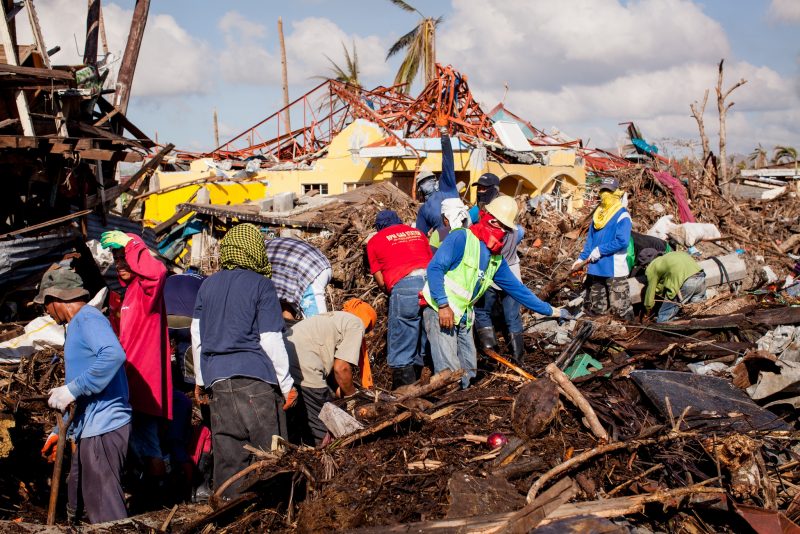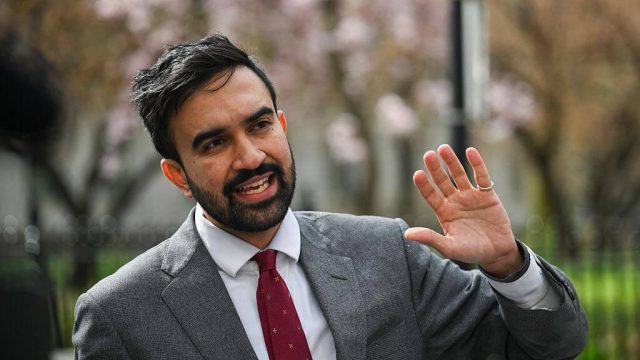Taxing fossil profits to pay for climate damage

It’s not often that you feel like you might be witnessing the start of something big. But last week the GEC was invited into the war-room of an exciting new campaign concept – one that, if it’s pulled off, has the potential to change public opinion, put a dent in polluters’ profits, and fund aid to the victims of climate change all at the same time.
The nascent campaign is the brainchild of a group of NGOs and campaign organisations and is led by some of the same minds responsible for the Robin Hood tax campaign, which proposes a tax on the financial sector to fund social investment and which has gained some significant leverage within both the EU and the UK.
The details are still being worked out, but the basic idea is simple: tax the fossil fuel majors to pay for the climate damage their coal, oil and gas is causing. A tax on the profits of fossil fuel extraction will generate billions in additional revenue for national governments. This money can be split between financing the transition to a low-carbon future at home – supporting the roll-out of electric vehicles, and clean energy infrastructure in the countries where the tax is raised – and funding overseas climate finance for communities in the global south, who are already facing serious climate impacts.
“ Burning fossil fuels drives dangerous climate change, the impacts of which fall overwhelmingly on the poorest. But extracting and selling those fossil fuels also generates billions of dollars in profits for big coal, oil and gas companies – most of which are based in the global north.”
The proposal has the same kind of clean moral logic that made the Robin Hood tax such a successful idea. Burning fossil fuels drives dangerous climate change, the impacts of which fall overwhelmingly on the poorest. But extracting and selling those fossil fuels also generates billions of dollars in profits for big coal, oil and gas companies – most of which are based in the global north.
A levy on those profits could raise much-needed revenue for domestic mitigation investments and loss & damage payments for the global south. But it would also disincentivise further fossil fuel production, helping to keep unburnable carbon in the ground. And that’s not all. Publicly connecting corporate profits to climate damage in the mind of the public would also toxify the brands of fossil majors. Just like the link between smoking and cancer pushed Big Tobacco out of the public sphere, the carbon damage tax hopes to undermine the lobbying power and public acceptability of fossil majors.
The basic outline of such a climate damage levy has undeniable appeal, and the enthusiasm of the campaigners to build on Robin Hood’s undoubted success bodes well. Of course, the devil is in the details, and the next stage of the campaign pre-launch will be ironing out questions of policy and positioning: how best to keep the tax progressive, so it won’t disproportionally affect the poorest? What level of tax to campaign for – aim high for impact, or start low and ratchet up later? And what should the tax be called for maximum campaign impact?
Some of these questions will be easier to solve than others, and achieving consensus across a broad coalition always takes time. But if the Robin Hood Tax is anything to go by, an energetic and focussed campaign with a strong moral message can have a big impact. Across the world, climate linked loss and damage is beginning to pile up – in national budgets and the public consciousness. Can a campaign to make the polluters pay their share take off? Watch this space.
Ben Martin, GEC
Image credit: "Philippines Typhoon Haiyan Appeal" by CAFOD Photo Library


